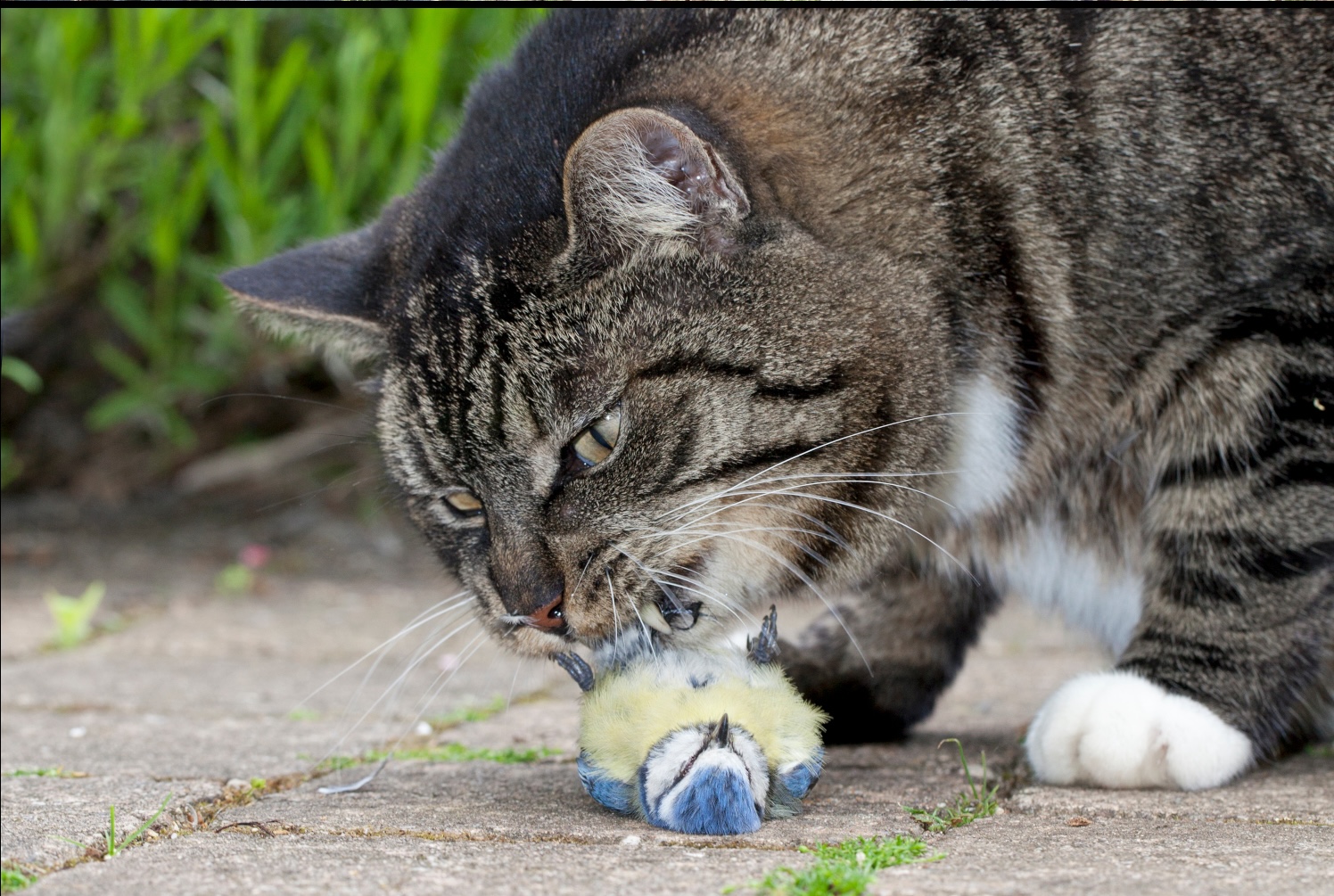Steve
Leckie and Viletones - Reckless rock'n'roll revisited
by
Yuya Joe College (excerpt from forthcoming book "The Vile Ones - Bad Boys of Punk")
When
gauging the socio-political impact of pioneering Canadian punk rock
band Viletones, it is first necessary to understand their context
within the nihilist / reckless camp which includes Dead Boys, Sex
Pistols, Richard Hell, Subhumans, The Damned, The Exploited and other
bands whose primary purpose was to destroy everything in their paths.
These were foundational punk groups that mostly emphasized personal
politics, alienation, thwarted ambitions, and danger; diehard bands
living and breathing anarchy, with anger and pain bleeding through
their sometimes discordant, always raw music.
Sex Pistols live
Most
people know of Steven Leckie via his public image, the sneering,
arm-slashing punk pioneer threatening everything in his way,
including the social mores of the time. Naming ones' stage character
Nazi Dog was a recipe for being barred from the industry, yet the
aura of being an outsider rebel breaking doors down was exactly what
he had crafted... and from the beginning I saw a different side of
him.
Growing up in a family with Hollywood glitter on his mother's side and ad agency hucksterism via his father, Steve was well-positioned for the rock'n'roll circus he plunged headlong into, and Toronto was just not ready for the lyrical iconoclast and stage chameleon.
My
bass player in JC and The Rulers was Menachem Begin (aka Russell
Bethune), a strong 6'3” gentleman of Jamaican-Canadian heritage,
and he knew Steven before I did. A couple of years earlier, Steve had
asked Russ to “beat somebody up” for him, though Russell politely
declined the opportunity. When we were working on preparations for
the Rock Against Radiation protest concert in July 1980 at Nathan
Phillips Square, Toronto, I witnessed a hungover Steven in his
Grosvenor Street apartment inquiring if I “had any pills”, so
from the foundational days of punk I have always seen Mr. Leckie's
more vulnerable, offstage personality as the real man.
Steven Leckie with the inestimable Garth Hudson (The Band)
During
Toronto's early punk years, Steven Leckie invented a stage persona
that was as repulsive as anything punk rock had to offer. Many were
repelled that he would have done this, however, confusing the
character with the creator remains offensive even today. Leckie and
Viletones paid the price commercially as they were pretty much
blacklisted from radio and the Canadian music industry in general ...
yet as artful music, Viletones songs stand the test of time.
Joe Strummer of The Clash
On
early Vilteones recordings they sound a LOT like Joe Strummer
and The Clash (BIG compliment!), however there is little to none of
the social activism concerns of Strummer, son of a UK diplomat. When
he was performing on stage as “Nazi Dog”, Leckie was only
seventeen, eighteen years old and that contrived image succeeded in
shocking the vast majority of those who came across it, either live
or through the media. Though it took decades for Steven to live down
the negativity associated with that particularly evil stage character
he had created (filmmakers and novelists rarely suffer this sort of
prejudice), Viletones lyrics were not about white power or anything
resembling fascism, as they were songs of personal frustration and
anger and unfulfilled “possibilities”, along the
nihilistic/individualistic lines of The Dead Boys and The Sex
Pistols, lacking the social politics of more collectivist bands such
as The Clash and DOA.
I'm seeing the world through the eyes of somebody new
Oh
there's a hope left
There's a dream still in my heart
Look past the answers
There's a chance that there's no rule book for this love
There's a dream still in my heart
Look past the answers
There's a chance that there's no rule book for this love
All
possibilities
Are landing at my feet
There's nothing I can see
But possibilities
Are landing at my feet
There's nothing I can see
But possibilities
from
Possibilities - Viletones
Viletones at Rock Against Radiation, Nathan Phillips Square, Toronto
Hamilton
punk band The Forgotten Rebels had a lead singer named Mickey
deSadist and wrote songs about bombing Iran (have times really
changed???) and sometimes (ridiculously) gave a Seig Heil type salute
in their stage show, yet they barely caused a ripple as pretty much
everyone except the ultra-obtuse and socially constipated were aware
it was a parody of fascism. With Viletones, people weren't
sure, as their intensity made everything seem very real, and the
lines between their stage show and personal lives remained blurred
for a long time. Even if Viletones were also perceived as satire,
Canada and the mostly branch-plant music suits employed therein were
not ready for anything appearing to be so extreme and
offensive. Real anarchy scared the money men away.
Steven Leckie and Malcolm Mclaren
Where
Steve could have made a lot of cash by selling out, the opposite was
true for Frankie Venom and Teenage Head. The Head were already safe
enough that they did not need to listen to the industry reps, and
releasing Something On My Mind as an acoustic softie cost them much
of their fan base and killed their careers. Just imagine if they had
recorded that song in typical Ramones / Teenage Head style; it would
have been a big hit and the upward trajectory on the band's success
would have been maintained.
Viletones at Rock Against Radiation
By
contrast, Steven and his Viletones were more untouchable than the Sex
Pistols ever were, for they had the misfortune of being born into the
abode of the Victorian moralists, Toronto the Good. Here people did
not always perceive punk as entertainment, but as a threat to the
very fabric of Canadian lives. Viletones were feared and hated and
despised and cast out into the wilderness, and with little to no
record industry support, the band rarely reared its head after
1983/84.
Other early Toronto “punk” bands were not always true punks in the hardcore sense, but rather rock'n'roll (Battered Wives), New Wave (Martha and the Muffins) and pop punk (eg Diodes) musicians, so Viletones really only had The Demics as local competition for quite a long time. Still, competition creates a scene whereas isolation leads to loneliness and withering, and without a strong, vibrant and industry-supported growing local punk scene, what action there was ended up being mostly underground, small club shows, rent parties and benefits. The only hope for Viletones would have been to move to the USA...
Other early Toronto “punk” bands were not always true punks in the hardcore sense, but rather rock'n'roll (Battered Wives), New Wave (Martha and the Muffins) and pop punk (eg Diodes) musicians, so Viletones really only had The Demics as local competition for quite a long time. Still, competition creates a scene whereas isolation leads to loneliness and withering, and without a strong, vibrant and industry-supported growing local punk scene, what action there was ended up being mostly underground, small club shows, rent parties and benefits. The only hope for Viletones would have been to move to the USA...
Early DOA: Joey, Chuck, Randy (Chuck was about 15 at the time this pic was taken)
The
social / political camp of punk rock pioneers included the likes of
The Clash, Billy Bragg, DOA, Dead Kennedys, Bad Brains and eventually
Green Day. My late 70s Vancouver band The Reactors were in this camp,
as was my Toronto group Joe College and The Rulers, though both were
minor players in their respective scenes. The beauty and vitality of
punk was that it was all about the music and the lifestyle, and bands
from all three political “ideologies” (or lack of same) regularly
shared bills and toured together. If it was hard, fast, angry and
fun, it was punk!
Iggy and The Stooges were formidable punk pioneers.
The
third wing of punk rock's founding years comprised excellent Fun /
Hedonist bands such as Ramones, Stooges, Teenage Head, New York
Dolls, The Diodes etc, all awesome live acts who stood for youthful
rebellion and wanton partying whether there was a cause or not. They
promoted anti-authoritarianism in general, worshipped youthfulness
and fast-living, and repped the joyfulness punk brought to teenagers
everywhere.
Stiv Bators (Dead Boys) with friend Steven Leckie
In
summary, though they never achieved commercial success, Viletones
placed Toronto on the punk map and helped kickstart a global
revolution in music that saw the longhaired double-LP airy fairy
concept album replaced with the heavy pounding guitar and rhythms of
the 2-3 minute songs of teenage angst and rebellion, and the mosh pit
was born to celebrate OUR music. The likes of Green Day, Linkin Park
and Billy Talent all owe a tremendous debt to first generation punk
rocker Steven Leckie, pioneering singer, writer and frontman for
Viletones, Canada's first punk rock band.
































